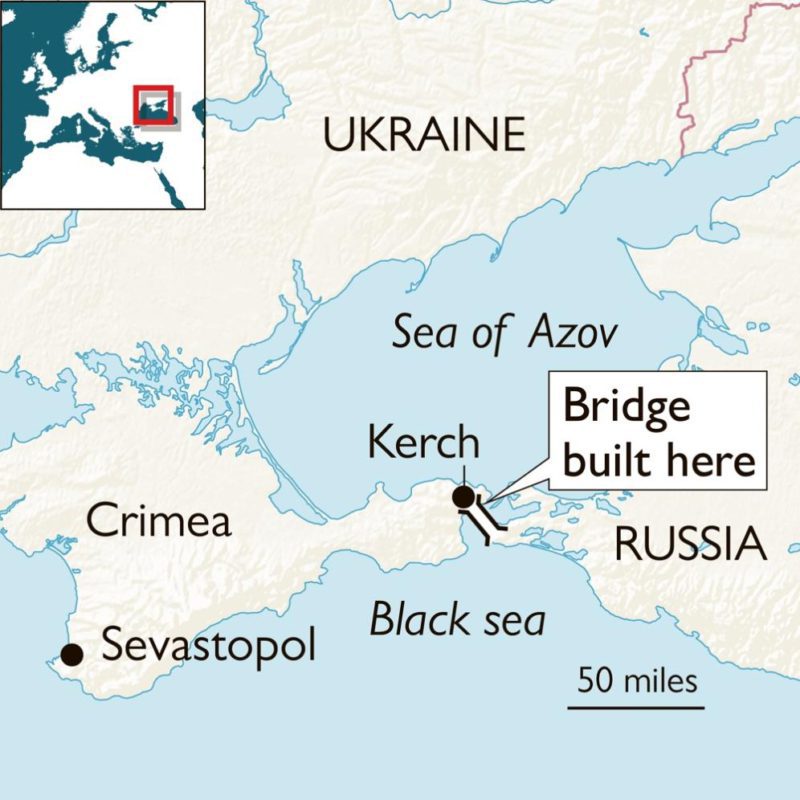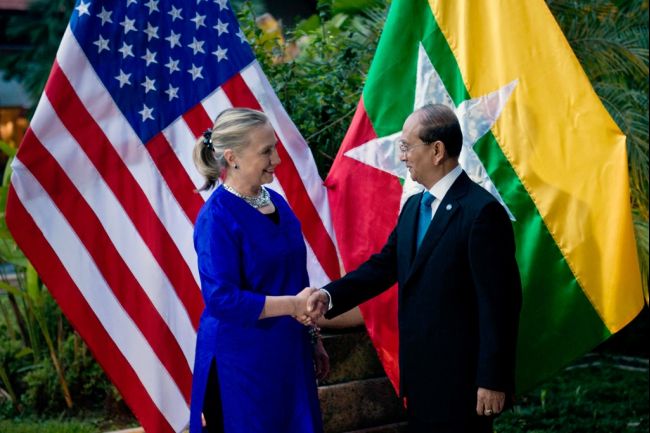Abstract: Russian meddling in the 2016 United States presidential election dominated headlines across North America and Europe. Although there is very little public information from the Mueller investigation to prove Russian collusion in the United States, this has been an ongoing issue for much of Central and Eastern Europe. Within the last decade politicians and key business players have been forced to resign from their positions, and sometimes flee their respective countries for charges of corruption, abuse of office and money-laundering connected to Moscow. Is Russia trying affect decision making in the Baltics to advance Russian interests?
The dissolution of the Soviet Union occurred throughout the late 1980s and early 1990s, and former Republics of the Soviet Union, including in the Baltics, Eurasia, and much of Central and Eastern Europe gained self-determination and independence thereafter. It was assumed by many analysts that the days of the Cold War had come to an end, and that the United States and its allies had triumphed. As it turns out, that might not be the case. At the 2007 Conference of Security Policy in Munich, Germany, Russian President Vladimir Putin made a memorable speech expressing dissatisfaction towards the United States as the sole superpower, and outlined his ambitions for a Russian resurgence on the world stage. Perhaps more alarming for NATO allies was one of President Putin’s remarks during an interview with 60 minutes, in which he stated that he “regrets,” and would “reverse the collapse of the Soviet Union.” Russia may be attempting to regain political footholds they had previously lost, and without much consent from the former Soviet Republics.
There are various mechanisms the Kremlin uses to exert soft-power, and achieve greater influence over sovereign entities. Russian meddling is often not through the use of physical force, but rather malfeasance and economic warfare. The Centre for Strategic and International Studies (CSIS) explains that if Russia holds an economic footprint equal to or greater than twelve percent of a country’s GDP, that country is more vulnerable to Russian influence or state capture. The collapse of the Soviet Union was a few short decades ago, and well-within the lifetimes of citizens and affluent state actors in the former Soviet Republics, during which time many of whom had pledged allegiance to the Kremlin.
Moscow’s ability to exert influence is very much evident in the Baltic states: Latvia, Lithuania and Estonia. Russia’s economic footprint in Latvia has been increasing from roughly twelve percent in 2008, to sixteen percent in 2014. Moreover, all three Baltic states are disproportionately dependant on trade with Russia. Roughly ninety percent of oil, and one-hundred percent of the gas supplies of Baltic states originate from Russia. The reason for the region’s dependence on Russian trade is largely due to the existing Soviet-era infrastructure, including pipelines, as well as power and electric grids. There have been efforts to diversify the energy sector, including the Interconnector Plan, in which Baltic countries were to start receiving oil and gas from EU countries, including Sweden and Poland, however this did not come to pass.
Several politicians in the Baltic states also intersect as some of the most prominent business elites in the region. This small, rich and affluent group of individuals are known as oligarchs. Leaked documents revealed Latvia’s former Minister of Transportation Ainārs Šlesers influenced officials in Riga to grant approval for a mineral transport terminal, Riga Fertilizer Terminal Project (RFT), for which he had hidden business interests, fifty-one percent of which is owned by the Russian based company URALCHEM. Šlesers also sought to acquire a large stake in airBaltic, despite this being a direct conflict of interest due to his position as a minister at the time.
Soviet-born Viktor Uspaskich, a large shareholder of Dujotekana, one of Lithuania’s largest energy companies, has several business deals with state-owned Russian energy conglomerate Gazprom. Uspaskich also served as Lithuania’s Economics Minister, and is currently a member of the European Parliament. Uspaskich allegedly ‘fled’ to Russia when leaks revealed that he, and other Lithuanian politicians had links to Russia’s energy sector, and were allegedly co-opted by the Kremlin to influence events in the country. The energy sector is a particularly telling industry by which pro-Russian entities have shifted the direction of decision making in favour of Russian interests.
Gazprom is currently under investigation by the EU Commission for activities in Central and Eastern Europe. The Russia-based company is accused of using its dominant market position in the region to prioritize Russian energy and infrastructure, prevent diversification, prohibit cross-border sales and attempt to establish market monopolies. Gazprom has acquired Baltic national gas companies, Eesti Gaas, Itera, Latvijas Gaze and Lietuvos Dujos. As a result, Gazprom has the ability to increase prices, block or simply cut-off energy to the Baltics should they introduce policy that is against the interests of the Kremlin. One example is gas isolation, by which a state disproportionately controls the flow of oil or gas to another and thereby has the ability to punish state customers when policies not in their own interests are introduced. In April 2007 Estonia decided to remove a Soviet-era monument from it’s capital city, Tallinn, citing it represented Soviet occupation and oppression. Following the announcement of the removal of the monument, Russia’s state-owned railroad company prevented delivery of energy resources to Estonia. Estonian officials have very little doubt this was intentional, and politically motivated.
Oligarchs across the Baltic states undoubtedly have economic and political interests traced back to Moscow, and are very likely being used by the Kremlin to advance their interests in the region. Given Moscow’s history of meddling in foreign affairs, and having connections to powerful oligarchs in the Baltic states, it is very possible these actors are working with Russia to advance the state’s interests and increase the already high degree of leverage the country has in the region.
Featured photo: Old Riga (2014), by U.S. Army Europe Images via Wikimedia Commons. CC 2.0
Disclaimer: Any views or opinions expressed in articles are solely those of the authors and do not necessarily represent the views of the NATO Association of Canada.




